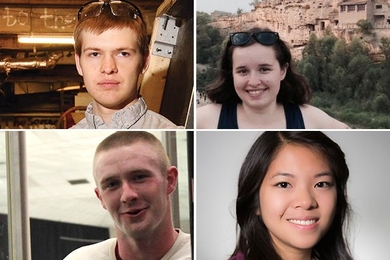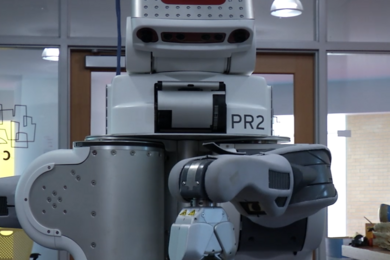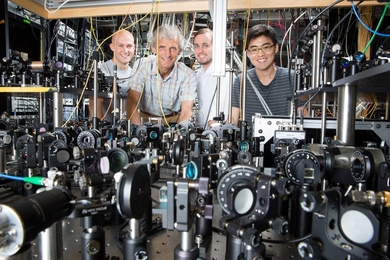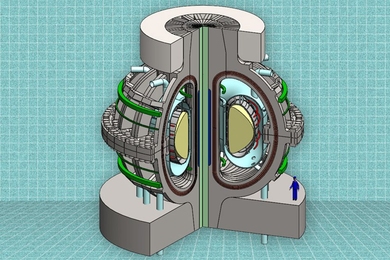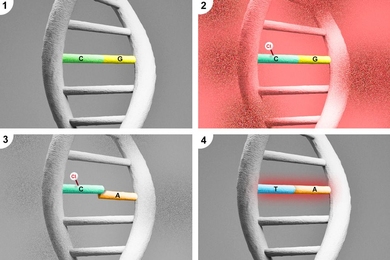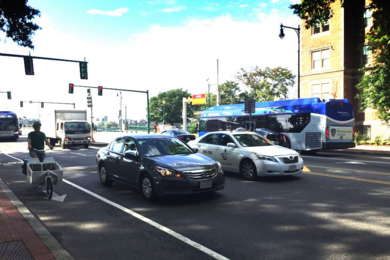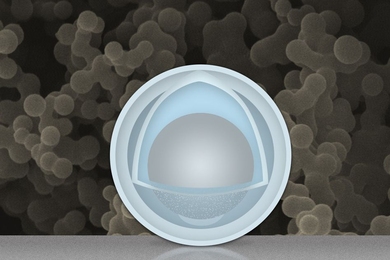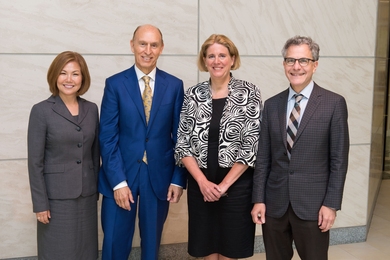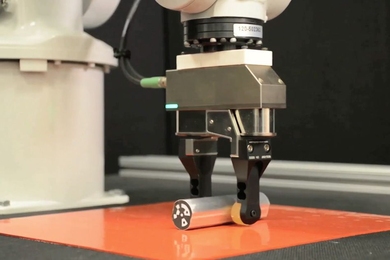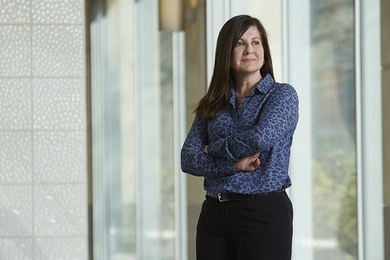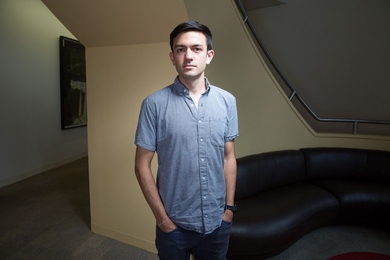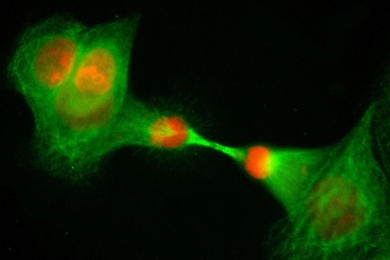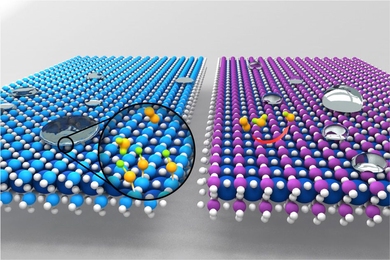Robots collaborate to deliver meds, supplies, and even drinks
Bots from the MIT Computer Science and Artificial Intelligence Lab work together more effectively in the face of uncertainty.
A small, modular, efficient fusion plant
New design could finally help to bring the long-sought power source closer to reality.
How chronic inflammation can lead to cancer
Researchers discover how the immune system can create cancerous DNA mutations when fighting off infection.
MIT awarded Dept. of Energy grant to create and deploy energy-saving travel information and incentives system
$4 million grant will determine whether travel choices can be influenced by data and rewards to save energy.
“Yolks” and “shells” improve rechargeable batteries
Aluminum could give a big boost to capacity and power of lithium-ion batteries.
Real-time data for cancer therapy
Biochemical sensor implanted at initial biopsy could allow doctors to better monitor and adjust cancer treatments.
Giving robots a more nimble grasp
Engineers use the environment to give simple robotic grippers more dexterity.
Mending a broken heart
Laurie Boyer’s work might one day lead to cures for heart defects and disease.
How language gives your brain a break
Study: In dozens of languages, words that work together stay together.
An ally for the understudied Y chromosome
Graduate student Alexander Godfrey tackles a chromosome that half the world has — yet few understand.
Identifying a key growth factor in cell proliferation
Researchers discover that aspartate is a limiter of cell proliferation.
How to look for a few good catalysts
New research shows non-wetting surfaces promote chemical reaction rates.
